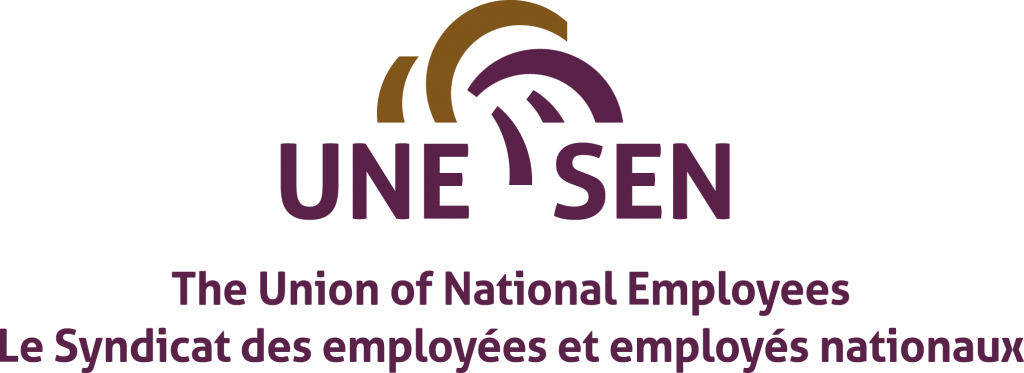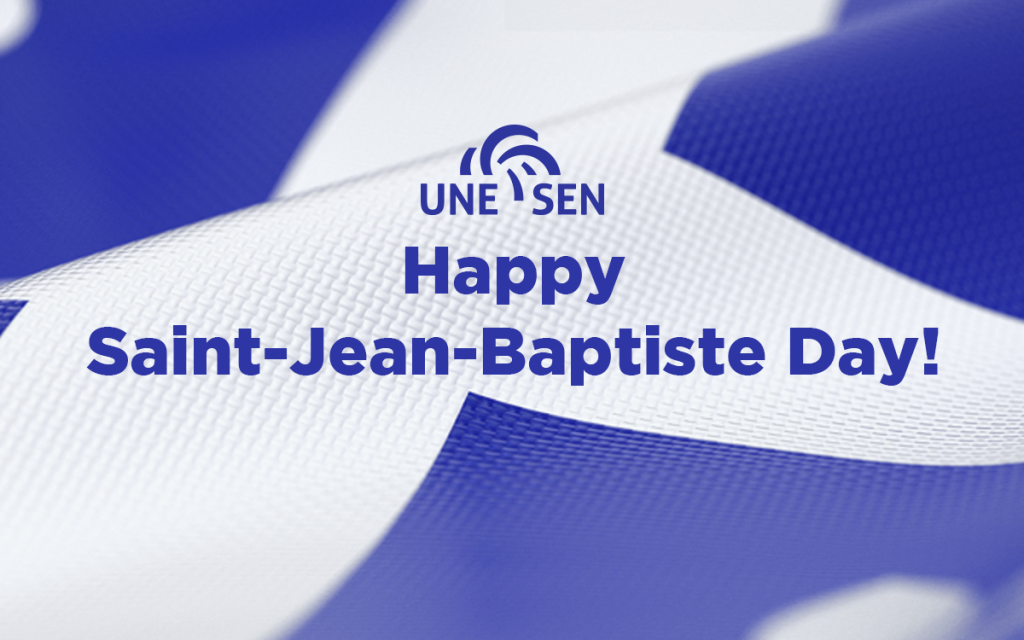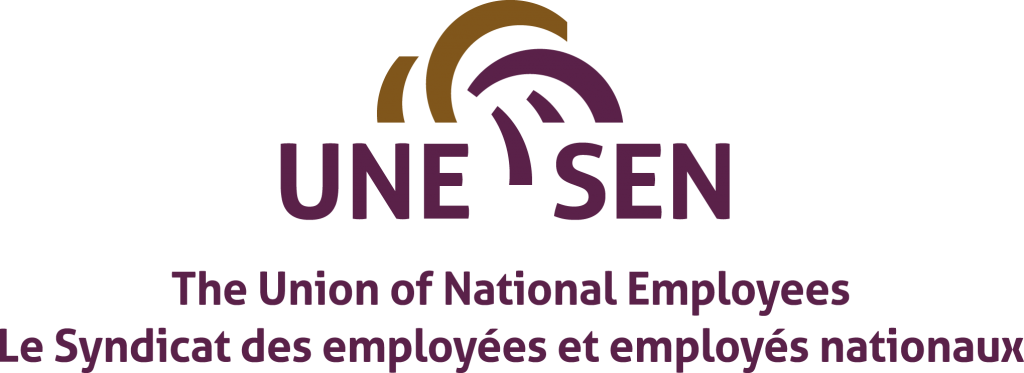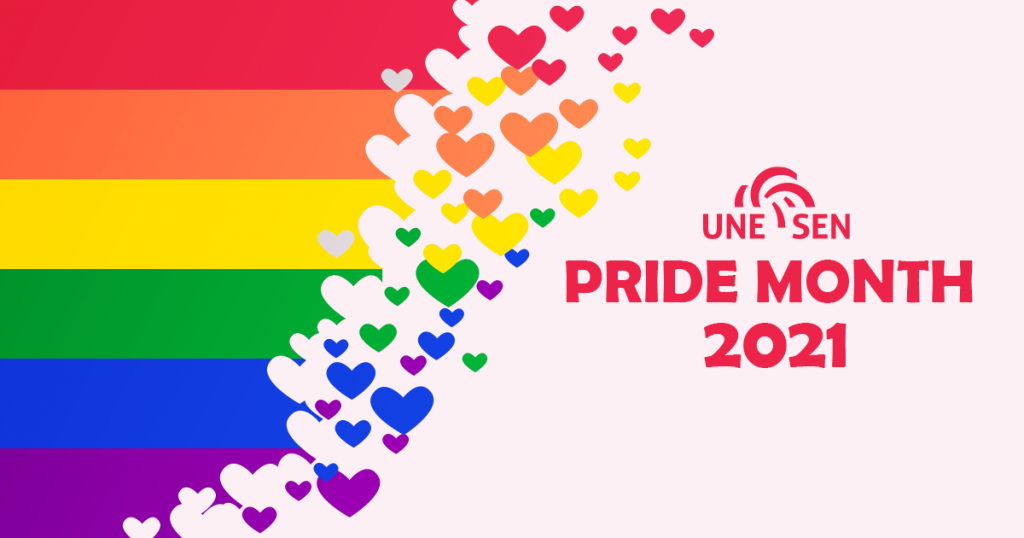
July 29, 2021
Slavery was abolished throughout the British Colonies via an act for the abolition of slavery that was given Royal Assent on August 28, 1833 and took effect on August 1, 1834. The act abolished enslavement in most British colonies, freeing over 800,000 enslaved Africans in the Caribbean, South Africa as well as Canada.
Many Commonwealth countries have acknowledged and designated this day as Emancipation Day. On August 1, 2021, for the very first time Canada will recognize this day. It comes on the heels of a unanimous vote in Parliament on March 24, 2021.
Emancipation Day is an opportunity for Canadians to learn about Canada’s role in the slave trade as well as providing the chance to acknowledge the systematic racism and discrimination that has led to multi-generational trauma affecting the lives of Black Canadians up to this present day.
Despite the fact that slavery has been abolished since 1833, it has left an endowment of systemic practices of racism and discrimination; barriers that Black Canadians encounter in their daily lives. The legacy of enslavement speaks to the fact that the work to eradicate anti-Black sentiments. It includes racist rhetoric and practices continuing almost 200 years after the end of slavery as an institution.
Oftentimes, Canadians are not always aware that the history of Black people in Canada is one that includes enslavement and that those who fought against the practice of slavery were pivotal in shaping Canada as a nation. Descendants of the African diaspora continue to add to the mosaic of Canada’s diversity through their cultures and traditions, their involvements and contributions, achievements and innovations, as well as through their leadership.
We all have a role to play in lending our voices and efforts to the dismantling of the systemic barriers faced by Black Canadians. It is important to educate and to include the history of Blacks in Canada, ensuring that this is captured in the history books, and that it is taught in schools as part of the curriculum. Change is tantamount to our minds and to our hearts as we navigate the process of healing, as communities, individuals and as a nation.
Jamaican musician Bob Nesta Marley, who was also an advocate for the rights of Black people, and spoke up against poverty and western oppression sang,
‘’Emancipate yourself from mental slavery
None but ourselves can free our minds”.
As activists and citizens of the world, we should all be prepared to align ourselves, in allyship or leadership, in the forefront of this fight for true equality and inclusion in all aspects of life. As such, I invite our Union members and leaders alike to reflect, educate and involve yourself in the ongoing fight against anti-Black racism and discrimination.
Hayley Millington
UNE National Equity Representative for Racially Visible People








